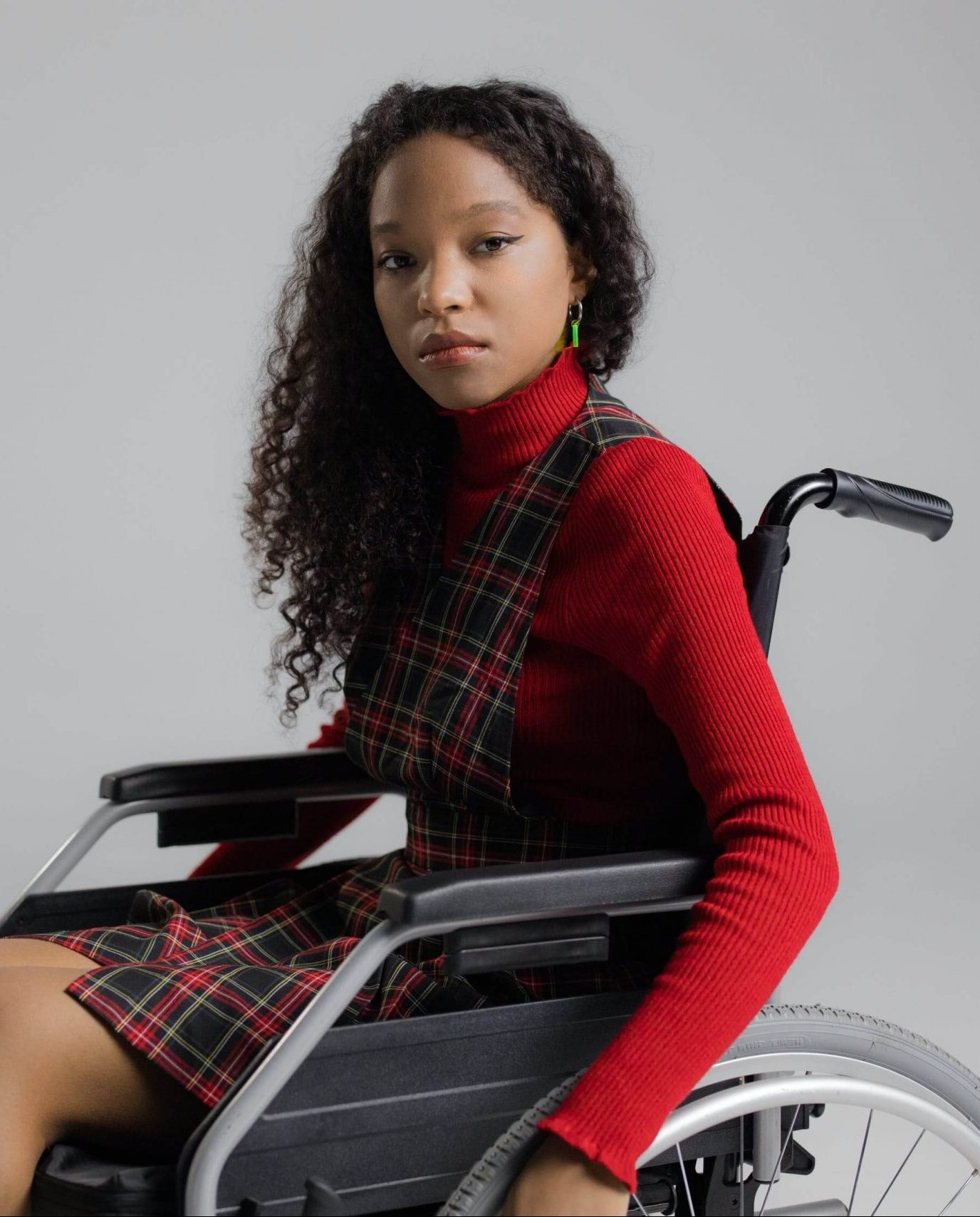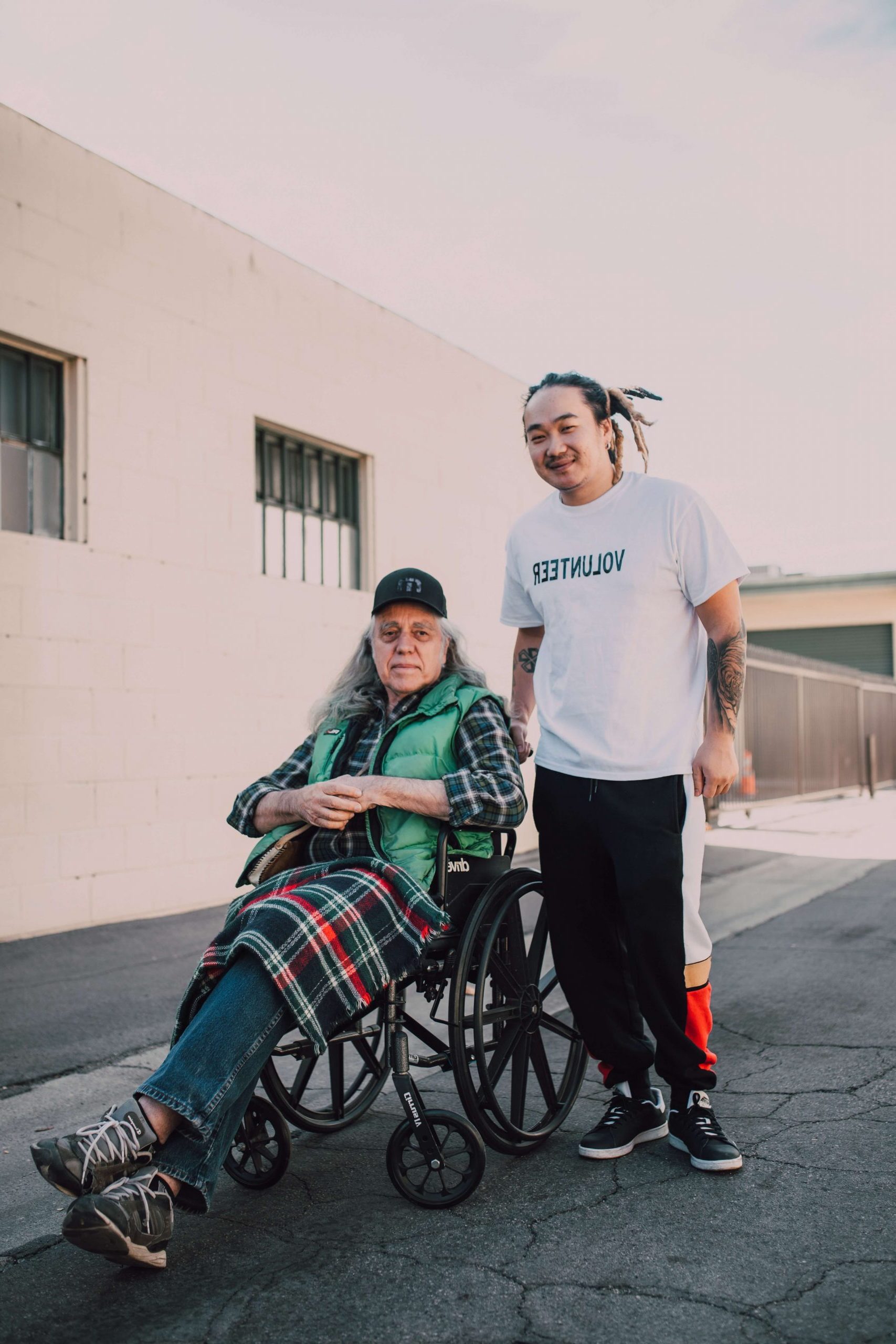
You may have a disability. Then, if you are disabled, there are a number of benefits you could receive. In fact, you could get Disability Living Allowance (DLA), Personal Independence Payment (PIP), or Attendance Allowance (AA). Additionally, you may be blind or sight impaired. Then, you could get benefits like Blind Person’s Allowance. Your Benefits will tell you everything you need to know about receiving benefits if you have a disability, including how disability is defined.
How is disability defined?
Under the Equality Act 2010, you are disabled if your ability to do normal daily activities is impacted by a physical or mental impairment with “substantial” or “long-term” negative effects.
What makes an impairment “substantial” or “long-term”?
- Substantial: if the condition is beyond minor or trivial, and impacts your ability to accomplish daily tasks;
- Long-term: if the impairment has been present for 12 months or more.
If you’re diagnosed with HIV, cancer or multiple sclerosis, you automatically meet the disability definition. If you have a progressive condition or one that gets worse over time, you can be classed as disabled. Examples of progressive illnesses include Alzheimer’s disease, Parkinson’s disease and multiple sclerosis.
What is Disability Living Allowance (DLA)?
You could be eligible for Disability Living Allowance (DLA). In fact, this could be the case if some things apply to you. First, you take care of someone who is younger than 16 years old. Second, the child needs to have difficulties walking, moving around, or needs more help than other children of his age.
How much you can receive depends on the needs of your child, related to your disability. Remember that this benefit is for those caring for a child under 16 years old. Once that child has reached 16 years old, you can start claiming Personal Independence Payment. If the disabled person is over State Pension age, read below.
What is Personal Independence Payment (PIP)?
Personal Independence Payment (PIP) is similar to Disability Living Allowance (DLA) and Attendance Allowance (AA). In fact, the benefit you will need to claim (for yourself or for someone else) will depend on how old you are. More specifically, depending on your age, you will claim the following:
| Disability benefits eligibility by age in 2022 | |
|---|---|
| Age | Benefit |
| From birth until 16 years old | Disability Living Allowance (DLA) |
| From 16 years old until State Pension age | Personal Independence Payment (PIP) |
| State Pension age or older | Attendance Allowance (AA) |
You can claim Personal Independence Payment (PIP) if you (or the person you care for) are between 16 years old and State Pension age. First, you or they need to have either a long-term mental or physical disability. Second, you or they have to have mobility issues or difficulty achieving day-to-day tasks.
This benefit is tax-free. In fact, this means that if you receive the benefit, you will not need to pay taxes on it. Furthermore, you may or may not have a job. However, regardless of your situation, you will be able to apply for this benefit.
What is Attendance Allowance?
Attendance Allowance (AA) is a benefit similar to Personal Independence Payment (PIP) and Disability Living Allowance (DLA). In fact, it is for those who are State Pension age or older. Furthermore, other things need to apply, you:
- Have a mental or physical disability or both;
- Need help or care from someone else to care for yourself, or need to be watched over by someone else, for their or your safety;
- Required caring for a period of 6 months.
You may be terminally ill. Indeed, this means that you have no more than 6 months to live. In this case, you will receive the maximum amount of Attendance Allowance (AA). Furthermore, you may be a UK national not living in the UK. Then, you may still claim Attendance Allowance (AA).
What is Adult Disability Payment?

Adult Disability Payment is a benefit for those living in Scotland. More specifically, for those who are disabled or have a long-term condition. Indeed, this condition needs to impact your daily life.
This benefit can be received by those living in Scotland. Furthermore, if you receive Personal Independence Payment (PIP), you do not need to apply. Indeed, Social Security Scotland will automatically carry over your application to Adult Disability Payment.
Like DLA, PIP and AA, Adult Disability Payment is composed of two different components. First, there is the daily living component. Second is the mobility component. Indeed, you may either be eligible for one or both parts at the same time.
Each part has two different rates. Indeed, although you may be eligible for the 2 parts, you may only earn one rate for each part individually. For each part, there are the following rates:
- Standard rate;
- Enhanced rate.
Your eligibility for this benefit is determined by how much your condition is impacting your daily life or your mobility. Indeed, this is what determines what component(s) you will be eligible for, and at what rate.
Finally, Adult Disability Payment is relatively new. As such, applications will be limited. Furthermore, when you will be able to apply in 2022 depends on where you live. Make sure you know the dates for when you can apply for this benefit.
What is a Severe Disability Premium?
Disability premiums are payments awarded to people affected by a disability. They, like all pensions, allowances and benefits, are paid directly into your bank account, or whichever account you use for finances. Disability premiums can be added to other earned benefits such as:
- Income Support;
- Income-based Jobseeker’s Allowance (JSA);
- Income-related Employment and Support Allowance (ESA);
- Housing benefit;
You may wonder what benefits you are eligible for. Then, Your Benefits can help. In fact, we provide many articles on the benefits you could be claiming. Visit the links included in this article to read more on these financial aids.
Furthermore, we provide a free simulator which can show you how much aid you could receive. In fact, you may not be claiming all the benefits that you are entitled to. This free service will show you how much more you could get. And again, it is completely free of charge.
Lastly, Your Benefits can help you pay less on all types of bills. In fact, this includes your phone, power, water bill… Our advisers are ready to help you. Simply ask to be called back, and they will contact you as soon as they are able.
Can I get help covering travel costs or parking?

You may be disabled, which impacts your ability to move around. Then, you could get different benefits which will improve your ability to travel, or cover travel costs.
You may be terminally ill. If this is the case, your claim could be processed faster. In order for this to be the case, ask for a DS1500 form from your consultant or doctor. Then, give this to your local council. In fact, they will be able to help you.
You may have a disability and want your travel costs to be covered. In this case, you can apply for a Disabled Person’s Railcard. With it, you could get a one-third discount off the price of your train fares.
Unlike other railcards, this Railcard does not limit you to a certain time of day. There are also other discounts you may be eligible to get with this Railcard. visit the article linked above to learn more.
Can I earn a Council Tax discount or exemption if I’m disabled?
If you or someone you live with is severely mentally impaired or disabled, you might qualify for a Council Tax Discount or exemption. Then, you may be able to pay less money to cover your council tax. If you qualify, there are a number of documents you will need to provide. More specifically, the following:
- A certificate from a medical professional such as your GP, which confirms you are severely mentally or physically impaired;
- Proof of your eligibility for certain benefits. You may have to do this step with the help of your local council.
Then, you may either get a 100% discount or 25% discount. In fact, you could get a 100% discount. Specifically, you qualify if you are severely mentally impaired and one of the following applies to your situation:
- You live by yourself, or;
- Live only with your carer (who is not your partner, spouse or underage child);
- Any other adults living with you are either also severely mentally impaired or a full-time student.
Otherwise, you may qualify for a 25% discount. Specifically, you qualify if someone you live with is severely mentally impaired. Additionally, one of the following applies to your situation:
- No other adults live in your household;
- Anyone else living in your household is “disregarded”.
You may think that you are eligible, or require more information to decide if this is the case. Then, visit the article linked above to learn more. There, you will be able to see how to apply.
What benefits can I get if I am blind or sight impaired?
You may be blind or sight impaired. If you are unsure if these qualifications apply to you, visit the articles linked to learn more. Then, there are benefits you could be able to earn.
You may also be eligible for things such as the Personal Independence Payment (PIP). More specifically, your impaired sight or blindness may impact your mobility or daily activities. Then, you would receive the appropriate component.
What is Severe Disablement Allowance, Incapacity Benefit and Employment and Support Allowance (ESA)?
Both Severe Disablement Allowance and Incapacity Benefit have been replaced by another benefit: Employment and Support Allowance (ESA). In order to get Employment and Support Allowance (ESA), Jobcentre Plus will reassess your claim by assessing your disability.
If you get Employment and Support Allowance (ESA), you will only be able to receive an enhanced or severe disability premium. Furthermore, doing ‘permitted work‘ will not impact your claim for Employment and Support Allowance (ESA). Permitted work includes the following:
- Volunteer work;
- Work for which you are paid £143 or less weekly, but only if you are exempt from personal capability assessment;
- Working done as part of a treatment programme, or supervised by someone from a local council or voluntary organization. The pay needs to be £143 or less;
- Work that you take part in for 16 hours weekly or less, and for £143 weekly or less.
What if I qualify for Employment and Support Allowance (ESA)?
There are two versions of the scheme: the basic and new scheme. You can apply to the new scheme if two things apply to your situation. More specifically, if you cannot claim Statutory Sick Pay (SSP) and one of the following applies to your situation, you:
- Are returning from abroad and relevant policy is requiring you to quarantine;
- Were recommended to self-isolate by a healthcare professional or your doctor prior to surgery;
- Your child or yourself came into contact with someone possibly infected with Covid-19, and you or they or now self-isolating;
- Your child or yourself got Covid-19 or are recovering from it.
You may find that you qualify for Employment and Support Allowance (ESA). Then, you will need a number of documents. This includes details on your income, for example. You may be claiming Statutory Sick Pay (SSP), in which case you will need to indicate when you will stop receiving it.
You may have been affected by Coronavirus. Then, you could be eligible to apply for Employment and Support Allowance (ESA). You will need to provide certain documents. For example, you will need to give an “isolation note”. This is if you were unable to work because of Coronavirus.
What are disability rights?
If you are disabled, you have certain disability rights. In fact, this means that you cannot be discriminated against in education, employment and police detention. In fact, when it comes to education and employment, you can even have certain accommodations be done, even if you or your child has a SEND.


